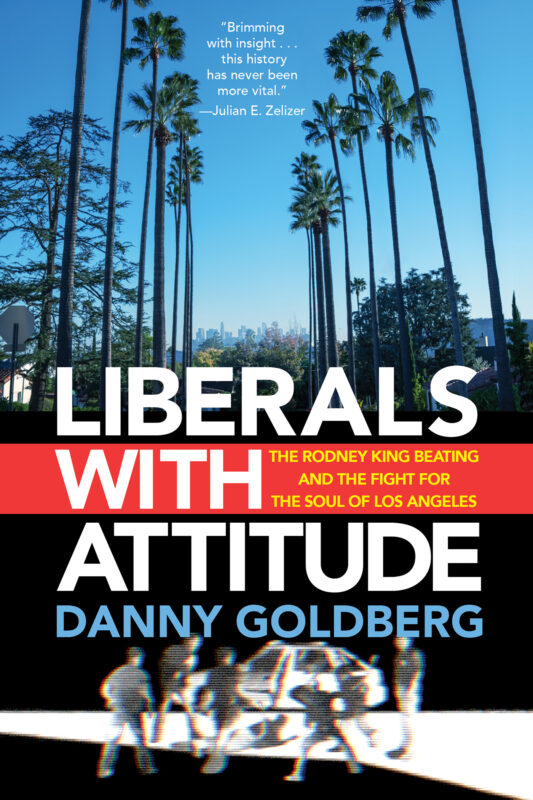Nothing occupied the energy of the ACLU more than their confrontations with the LAPD. I was living in the upscale Hancock Park neighborhood in Hollywood, and in my few encounters with police officers they had been friendly and helpful. Ripston patiently explained that I was living in a bubble and that the LAPD acted very differently in predominantly Black and Latino neighborhoods. The ACLU office had a police-brutality hot line staffed by volunteers who fielded dozens of complaints a day. Staff attorneys and their allies won millions of dollars every year in payments to victims of LAPD abuse. Ripston was such a thorn in Daryl Gates’s side that the LAPD chief publicly referred to her as “Ramona Rip-off.”
By the early 1990s, there was increasing overlap between free speech issues in music and the tension between the LAPD and Black communities. The genre of “gangsta rap” originated in Los Angeles and often focused on LAPD excesses. Daryl Gates was pejoratively named-checked in more than a dozen songs.
The group N.W.A (the initials of which stood for N****z With Attitude) released the album Straight Outta Compton in 1988. (Compton, a largely Black neighborhood in LA, was part of Maxine Waters’s congressional district.) It included a song entitled “Fuck tha Police.” After the album sold more than two million copies, the FBI wrote a letter to N.W.A’s label, Priority Records, that complained, “Law enforcement officers dedicate their lives to the protection of our citizens and recordings such as the one from N.W.A are both discouraging and degrading to these brave dedicated officers.”
It was understandable that many police officers would be offended by the song. From a free speech point of view, there was nothing wrong with criticizing N.W.A—but there was everything wrong with trying to kill their career. When the FBI expressed itself publicly, it implicitly gave permission to local police forces to harass the group. As Dave Marsh and Phyllis Pollack reported in the Village Voice, “Their shows have been jeopardized or aborted in Detroit (where the group was briefly detained by cops), Washington, DC, Chattanooga, Milwaukee, and Tyler, Texas.”
In my role as ACLU Foundation board chair, I told the Los Angeles Times, “It is completely inappropriate for any government agency to try to influence what artists do. It is completely against the American tradition of free speech and government non-interference for government agencies to criticize art, because such criticism carries with it an implied threat.”
On March 4, 1991, I called Ripston to rant about a new hip-hop censorship issue and she interrupted, “I can’t talk about this right now. There’s a new video with the LAPD, and it could change everything.”
